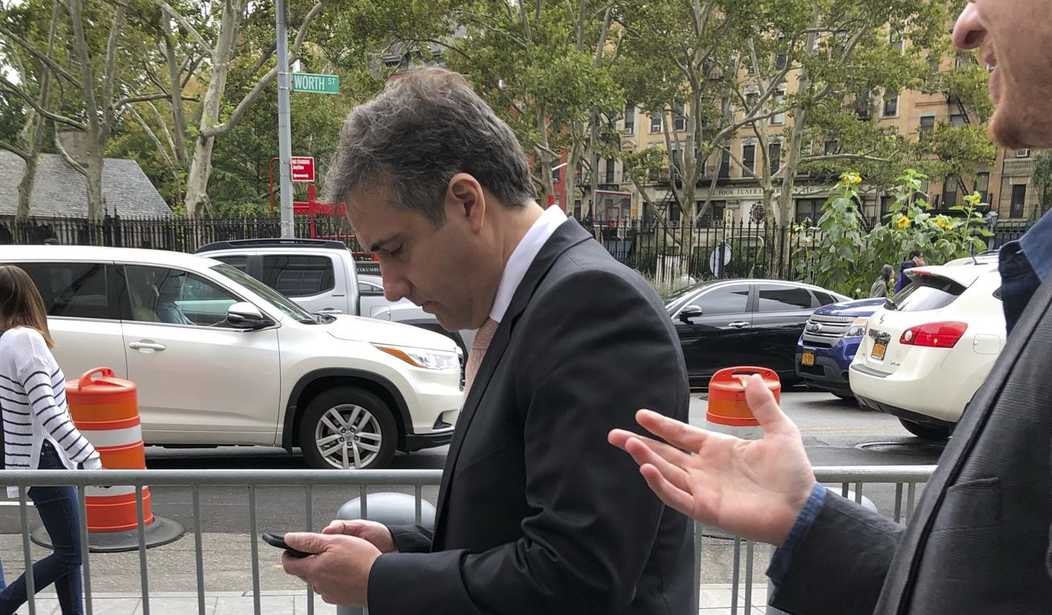Some recently uncovered news offers us further proof that George Orwell was a prognosticator that put Nostradamus to shame. It involves one aspect of common modern technology that affects almost everyone today. As you probably already know, unless you take extraordinary measures via your privacy settings, your cellphone always knows where you are. It records your movements and through some services such as Google Maps, it can even print out a map of everywhere you’ve gone. But do you know who else probably had access to that map? The Centers for Disease Control and Prevention. According to a new report, the CDC paid almost half a million dollars to a data brokerage firm for the location data from millions of cellphones in the United States. Why would they do something like that? Because the country was in a mandatory lockdown at the time and Big Brother wanted to know how many people were ignoring their mandates and showing up at places like churches and schools. If you’re getting a creepy feeling upon reading this news, you’re not alone. (Daily Mail)
The US Centers for Disease Control and Prevention paid for location data harvested from millions of cell phones to track compliance with COVID-19 lockdown measures, according to a new report.
The CDC paid $420,000 for a year of access to the cell phone location data from the data brokerage SafeGraph, according to documents reported by Vice News on Tuesday.
The data was aggregated, meaning that it was intended to show general trends rather than the movements of specific phones, however the move still set off alarm bells with some privacy advocates.
The CDC claims that they weren’t tracking specific individuals, but rather “trends.” The descriptions in the documents don’t do much to inspire confidence in that claim, however. They talk about the need to monitor “compliance with curfews,” curiously making specific reference to the Navajo Nation. They also mention “hourly monitoring of activity in curfew zones” as well as the ability to track visits to pharmacies to better check on vaccination compliance.
If all of that isn’t giving you enough of a fuzzy, warm feeling, there’s another fact to consider. The firm providing the CDC with all of this data, SafeGraph, is funded by Faisal Al Saud, the former head of Saudi Arabia’s intelligence agency. What could possibly go wrong?
It’s difficult to see how the CDC can claim that there was no tracking of specific individuals going on. Pretty much every cellphone in the country is attached to the account of the individual owner. The company can’t just say that “a phone” went from location A to location B without knowing whose phone it was. One of the other data points the CDC was looking at was the frequency of “neighbor to neighbor” visits during the lockdown. You can’t know if the person doing the visiting is a neighbor unless you know who they are and where they live, right?
SafeGraph was intrusive enough that Google finally banned it from the app store and all other apps using it to collect data had to remove SafeGraph or be similarly banned from the store. If your product is too intrusive for Google, you’ve got to be pretty bad. Or perhaps Google was just jealous that they weren’t able to track you that well.
This entire story just sounds so dystopian in nature that it’s difficult to imagine it happening in the United States. And yet here we are. Would our own government really start recording the hour-to-hour movements of citizens who have not been accused of any crime? What’s the next step after that? I’m picturing some sort of “men in black” situation where agents knock on your door to ask why you were over at your friend’s house for an hour yesterday afternoon. I would very much like to see congressional hearings into this report in the near future. Somebody needs to put Rochelle Walensky under oath and start demanding some answers.








Join the conversation as a VIP Member